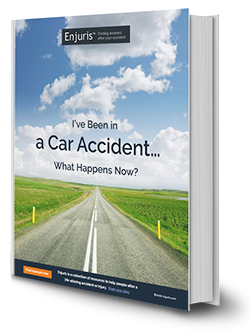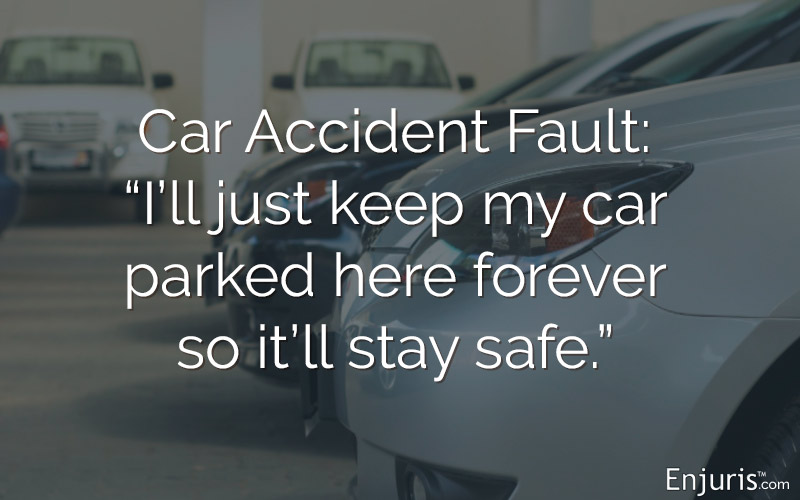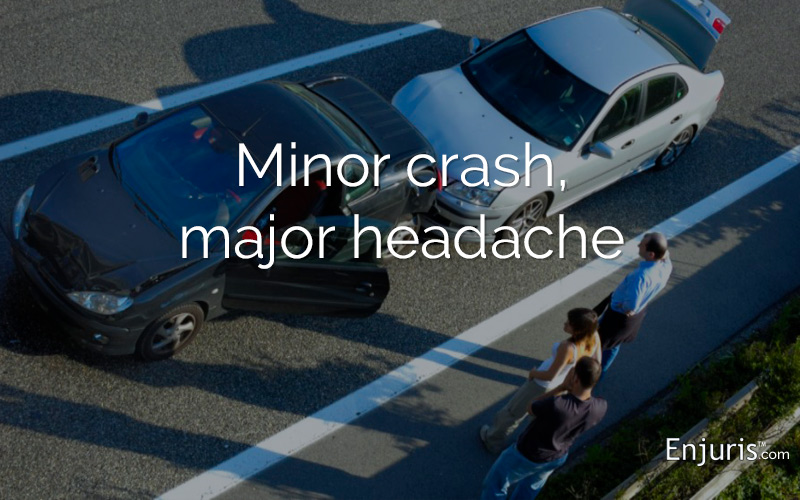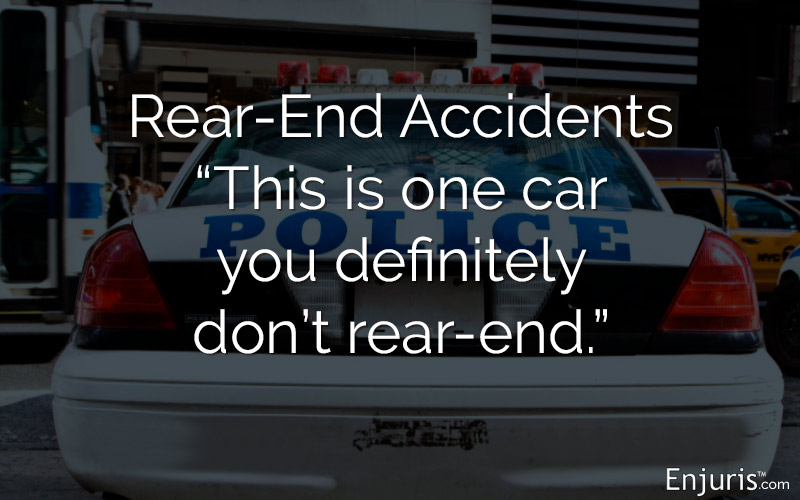When do you need a Maine car accident lawyer?
If you’ve visited Maine, the state might conjure memories of succulent lobster, wild blueberries, icy water, and stunning lighthouses along its nearly 3,500 miles of coastline. If you spent time in Acadia National Park, you might have been lucky enough to come across a moose (but probably not—they’re abundant but tough to spot).
The Pine Tree State is the 12th-smallest state by area and is the least densely populated state east of the Mississippi River. More than 80% of its land is forested or unclaimed and it has more forest cover than any other state in the nation.
The primary interstate highway in Maine is I-95, and there are four related routes: I-195, I-295, I-395 and I-495. However, Maine’s also home to plenty of local and rural roads.
That’s why, whether you’re a native or transplanted Mainer or a visitor, it’s important to know state traffic regulations about car insurance, liability, and other laws that could affect the outcome of your claim if you’re in a Maine car accident.
Maine liability insurance laws
Maine is a “fault” state. That means the person who causes a car accident (liable) is responsible for paying the injured victim’s damages.
There are three ways to recover damages from a Maine car accident:
- File a claim under your own insurance policy (your insurance will subrogate and submit a claim on your behalf to the at-fault driver’s insurance company);
- The victim files a third-party claim directly to the at-fault driver’s insurance policy;
- File a civil personal injury lawsuit against the at-fault driver.
Types of damages for a Maine car accident
Damages is the legal term for the money you can recover from an accident or loss.
If you’re in a car accident, the at-fault party’s insurance should cover your costs related to the accident that include:
- Medical treatment, including doctor or hospital visits, prescription medication, diagnostics like X-ray or MRI, etc.
- Ongoing speech, occupational, physical or other therapies
- Assistive devices like a wheelchair or prosthetics
- Wage loss for time off from work because of the injury, including future lost earning capacity
- Property damage for the loss of or repairs for your vehicle
However, some victims suffer non-economic losses, too. A non-economic loss is just as important but is harder to assign a financial value. Non-economic losses include pain and suffering, mental anguish and PTSD, loss of consortium, and loss of enjoyment of life activities.
If your injuries are severe and include non-economic losses, you would need to file a Maine personal injury lawsuit to recover this type of damages.
A civil lawsuit includes certain elements that are not always present in an insurance claim. The plaintiff in a lawsuit must prove not only that the defendant caused the accident, but that they were negligent and their negligent action or behavior was the direct cause of the plaintiff’s injuries.
You can read more about establishing negligence:
Maine MedPay insurance
Maine requires MedPay insurance, which is included with a car insurance policy to cover your medical expenses after a crash. It would normally cover your medical expenses for an accident while you’re driving your own vehicle and can also cover your or your family’s medical expenses if you are injured while traveling as passengers in someone else’s vehicle.
Because MedPay only covers medical treatment, the minimum amount required by Maine law is $2,000. However, lawyers and insurance agents will often recommend getting enough MedPay insurance to cover your health insurance deductible if you have one. That would prevent you from paying out of pocket for medical expenses if you’re waiting for a settlement from the at-fault driver’s insurance company.
Covering repair to or loss of your vehicle
If you have collision coverage, your insurance should pay for your repair or replacement. If you have a deductible, it’s usually waived if you are not at fault for the accident.
Maine insurance minimum requirements
A Maine driver must carry liability insurance in the following minimum amounts:
- $50,000 for injury or death of one person
- $100,000 for injury or death of multiple people in one accident
- $25,000 for property damage
You’re also required to have $50,000 per person and $100,000 per accident in uninsured motorist coverage, and this is included with your Maine auto policy.
You can choose to carry higher amounts of liability insurance.
Maine comparative negligence law
Maine follows the modified comparative fault rule, otherwise known as the 50% rule. If you were in an accident, you must be 50% or less at fault in order to recover damages.
Here’s how it works: After a crash, each party is assigned a percentage of fault. For instance, perhaps it’s undisputed that the at-fault driver caused the crash because they were speeding and crossed a double-yellow line. But, the court finds that the victim could have braked sooner or swerved out of the way and didn’t. So, while the victim didn’t cause the accident, they might have avoided it—which is why the at-fault driver could be 90% liable and the victim is 10% liable.
If the victim would be awarded $10,000 in damages, it would be reduced by their 10% of fault and they would recover $9,000 in compensation.
This rule applies both to Maine car accident lawsuits and insurance claims. That’s one reason why it’s very important for each party to have all the evidence and facts about how an accident happened—because even “small” details could become crucial as the settlement is negotiated.
Maine car accident reporting requirements
Each state has a rule for when (or if) you’re required to report an accident. Under Maine Revised Statutes Title 29-A § 2251, an accident must be reported if it resulted in bodily injury or death, or if there was property damage of $1,000 or more.
The accident must be reported to a state police officer, the nearest state police field office, the sheriff’s office or deputy in the county, or the local police department or police officer in the municipality where the accident happened.
Aside from there being a fine and possible jail time for failing to report a crash, there are other reasons why it can be beneficial to all parties.
An accident report is an important piece of evidence that can be used to determine liability. It also reflects each party’s name, address, driver’s license number, and other important information. It’s important to gather that information at the scene, but in the moment—when you could be shocked, frightened or angry—it could be forgotten, or you could be injured and unable to gather information yourself.
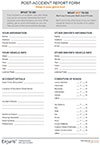
Sample post-accident report form to keep in your glove box - fill out at the scene or as soon as you can after a car accident
Download in PDF format
Maine accident statute of limitations
The statute of limitations is the amount of time you have to file a lawsuit. Maine state law provides a plaintiff six years from the date of the crash in which to file a lawsuit for a car accident injury. If that time passes and you haven’t filed a lawsuit, the court can decline your case.
However, if your lawsuit is for wrongful death of a family member, you have a two-year time limit from the date of death in which to file.
It’s important to note that the statute of limitations applies only to a lawsuit, which is usually your last resort for a car accident damage claim. If you’re filing an insurance claim, the process is much faster. In fact, you might only have a few days to weeks in order to file a claim. Each insurance company has its own deadlines, and you should know what those are now, before an accident happens.
It’s also important to note that an insurance report differs from a claim. You can and should report an accident—no matter how minor—to your insurance company immediately after a crash. It’s okay if you haven’t decided yet how you’re going to handle damages, whether you intend to file a claim against the other party’s insurance or if you (or they) intend to pay out of pocket. The insurer must have the report on file in order to later process a claim. There is no penalty for making a report, and it preserves your ability to make a claim later.
When do you need a Maine personal injury lawyer?
If you’ve been in an accident and are considering your options for how to recover compensation, it could be worth contacting a Maine personal injury attorney.
Your attorney serves several purposes: First, they will review the evidence and circumstances of the crash and give you an honest assessment of what you could expect to recover financially. Second, they will minimize your liability for the crash. As we discussed, even a small amount of liability could matter to the bottom line for what you can receive in damages. Third, a lawyer is a trained negotiator—and not just for lawsuits. A big part of the lawyer’s role is to work with the insurance companies and help you reach a fair settlement. There’s a strong chance that an insurance company (yours or the other party’s) will try to make you an initial lowball offer. Once you accept an offer, you can’t go back for more. So, it’s important for your attorney to be having those conversations so that you can ensure you’re being treated fairly.
Contact a Maine personal injury lawyer today to learn your options after a car accident.
Did you know that car accident law varies by state?
Hurt in a car crash? You may find these resources helpful
What does an injury lawyer do?
A personal injury lawyer helps individuals who have sustained injuries in accidents to recover financial compensation. These funds are often needed to pay for medical treatment, make up for lost wages and provide compensation for injuries suffered. Sometimes a case that seems simple at first may become more complicated. In these cases, consider hiring an experienced personal injury lawyer. Read more
Common car accidents
